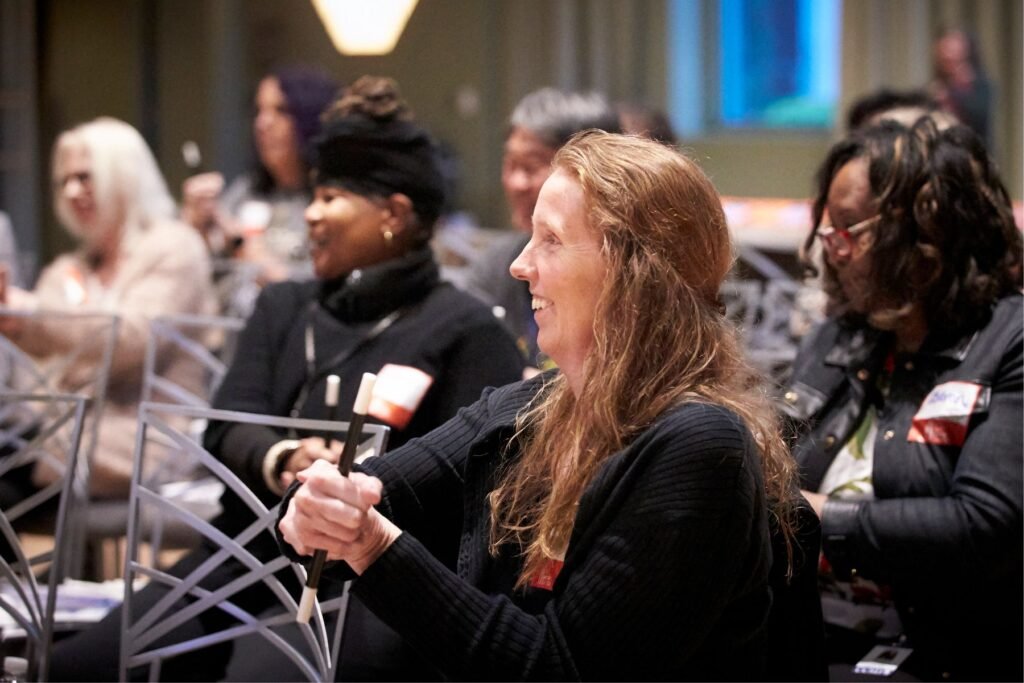
Magic Therapy™ provides rehabilitation therapists with an exciting treatment technique to help motivate their clients to become more involved in their treatment. The applications of magic therapy address the entire spectrum to include developmental disabilities, mental health, physical disabilities, gerontology, and specific disease related deficits. For many years, magic therapy has successfully been used in acute care, rehab, outpatient hand therapy, mental health, and pediatrics.
One of the biggest challenges therapists face is keeping the client motivated and engaged in the process. The movements required to learn simple magic tricks help clients regain lost physical skills while increasing motivational levels and self-esteem. Learning magic tricks can both engage and continually motivate the client with the learning of each new trick. And because all the tricks in the Magic Therapy™ program are designed to improve a variety of skills (cognition, motor, communication, and social), the client’s rehabilitative progress is more quickly achieved than in some traditional methods. Each new trick builds on the skills of the last and, once mastered, clients can share this newly found ability with family and friends.
As a result, clients spend much more time voluntarily acquiring a complex and sequential series of motor skills. In a more traditional approach, that they might simply tolerate these activities rather than be fully engaged in them. Clients continue to practice the moves required to do the magic routines; and with each repetitive movement, the skill is mastered translating into better results, improved self-concept, and greater independence.